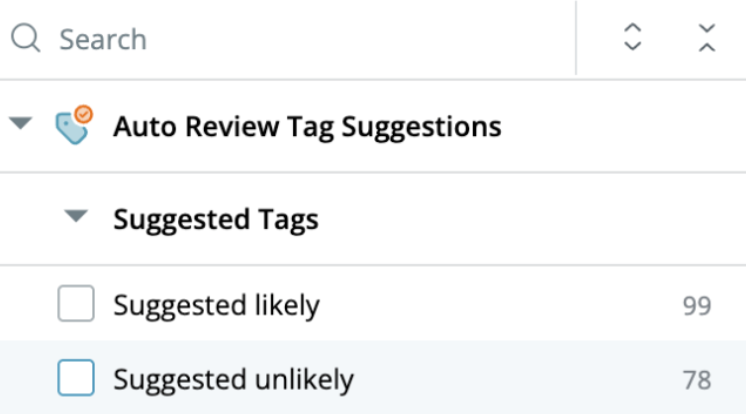⚡️ 1-Minute DISCO Download
You’ve run targeted searches over the ediscovery documents, reviewed all of the deponent’s emails, interviewed your own witnesses, and reviewed the pleadings, deposition transcripts, and memos. Using the fruits of your meticulous research, you’re ready to take the deposition. And after six grueling hours with the witness, you’re very happy with the result. But weeks later you learn that the deponent wasn’t copied on a series of emails discussing an important issue, something that fell under the deponent’s role at the company but used an unfamiliar project name. Even your careful preparation didn’t catch these emails, so you didn’t raise them or the issue in the deposition.
Related: DISCO Introduces Cecilia Deposition Summaries, Powered by Generative AI 🤖
Without much effort, you think of five sharp questions you would have asked had you seen the emails. You know you’re not going to get another deposition with the witness because you had the emails in your possession (even though they were buried in two terabytes of data). As you pace around your office, you mentally canvass the list of other employees you haven’t deposed that might be able to discuss the issue. It doesn’t look good, since you’ve already taken their corporate representative and no one else copied on the emails works at the company anymore. Maybe you can track at least one of them down and send a subpoena?
Or you can prevent this situation from happening in the first place.
Double-check your depo prep with topic clustering
At DISCO, we build technology to strengthen the rule of law. Our state-of-the-art topic clustering ensures that you have ready access to the facts and hot topics within the database. Topic clustering uses DISCO AI to cluster together related documents, then names them using descriptive phrases. It’s like an automatically generated table of contents that organizes the concepts in your data for you, without you having to lift a finger.
Topic clustering can help you analyze the key issues and ferret out the important evidence by clustering documents that share topical similarity, so you don’t need a thesaurus to search every synonym, guess at misspellings, or even decode internal monikers (or project names). DISCO’s topic clustering is also seamlessly interactive with all of DISCO’s powerful search facilities, so you can filter by witness, date ranges, or the opposing party’s email domain to find topics only on internal emails.
Canvassing documents to prepare to take (or defend) a deposition is rarely a perfect process, especially when dealing with the ever-increasing volume of ediscovery. But next time you’re taking a deposition, consider adding one more step to avoid a potential headache. Just click on DISCO’s topic clusters in search visualization, identified by key phrases, and drill down on documents. Combine that with some targeted searches or filters, and make sure you’ve looked for everything that might be relevant.
Using “brute force” to review each document is not always possible, and even when it is, it takes valuable time away from other important case tasks and the remainder of the deposition preparation. Depositions are critical in a case, and DISCO’s topic clusters can give you peace of mind that you’ve done everything you can to find the documents and information you need to prepare. DISCO’s topic clustering is another arrow in a litigator’s quiver that can make the deposition process better and more efficient.
Click here to try DISCO Ediscovery with topic clustering. If you're already a DISCO user, any new databases will have this feature enabled automatically. Get in touch with your DISCO representative or DISCO Desk if you have any questions.










